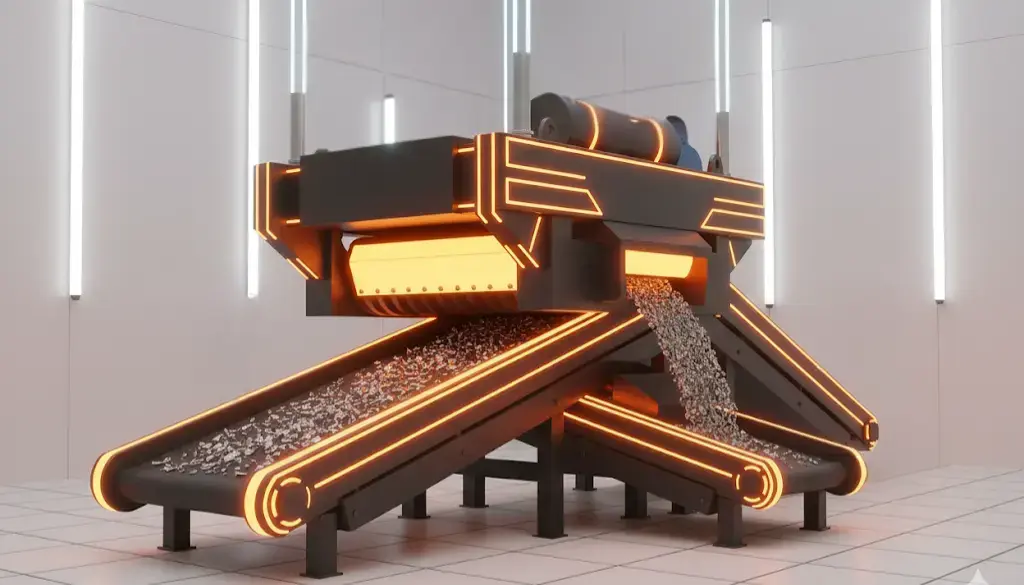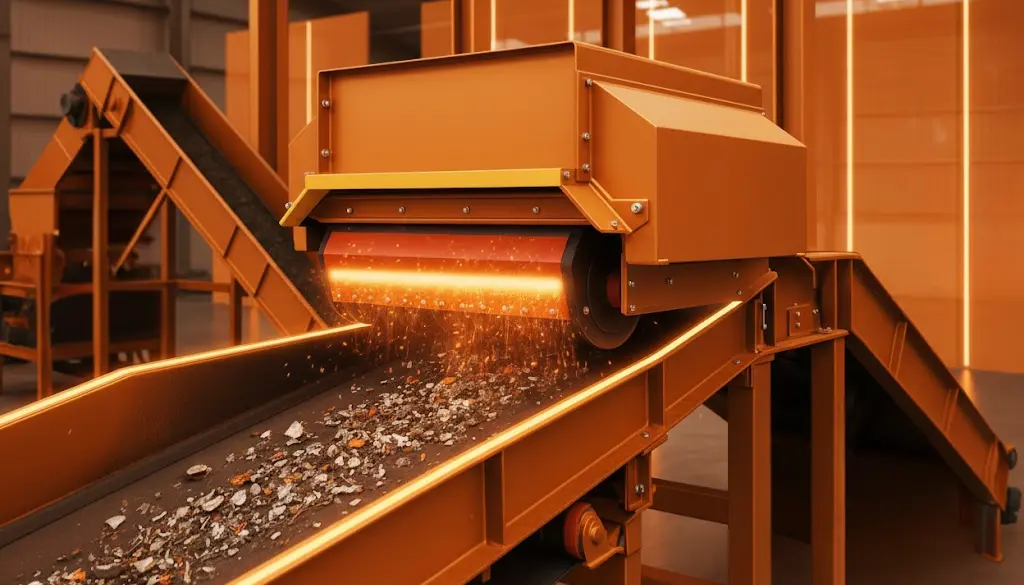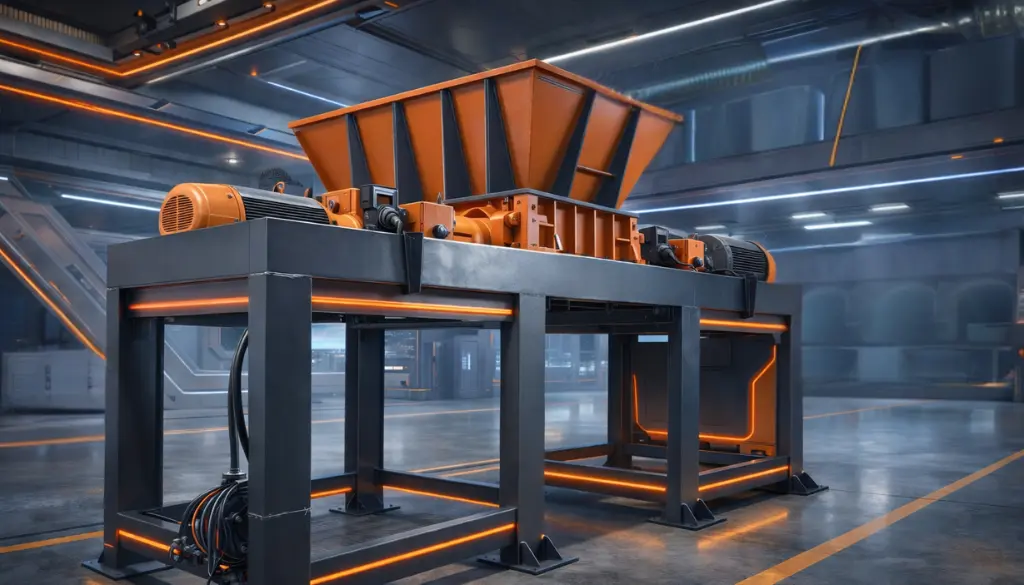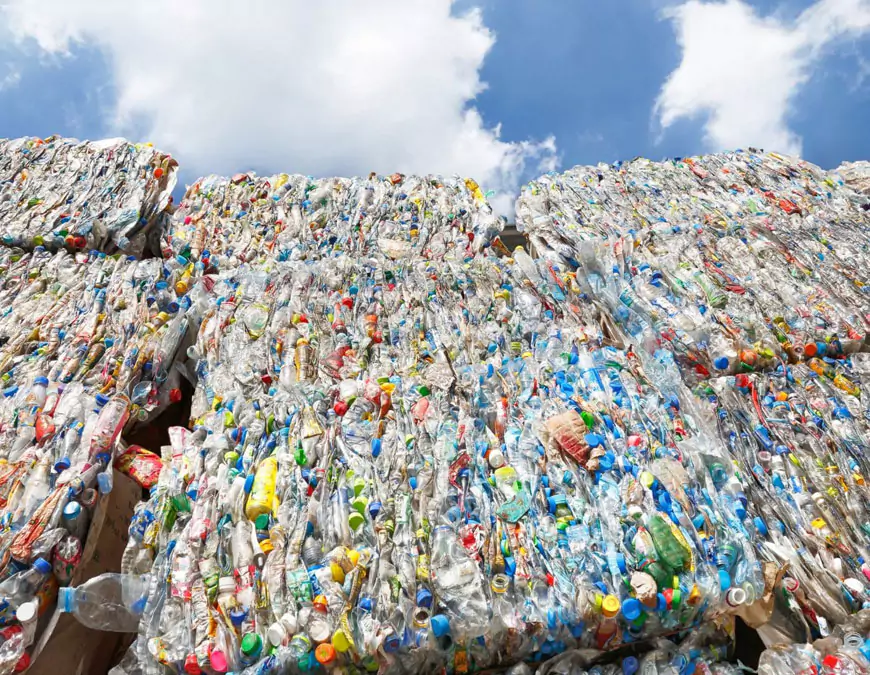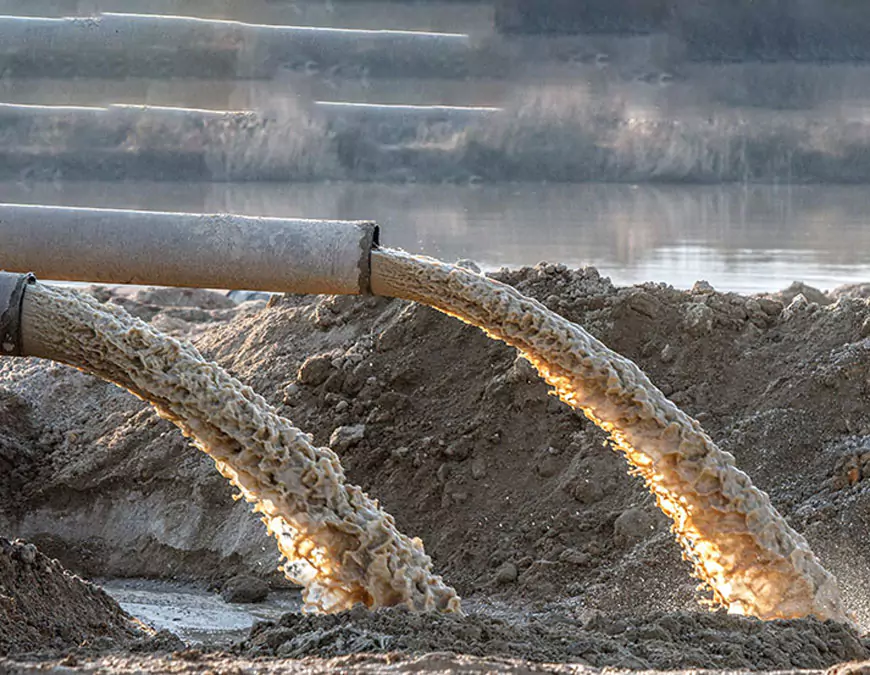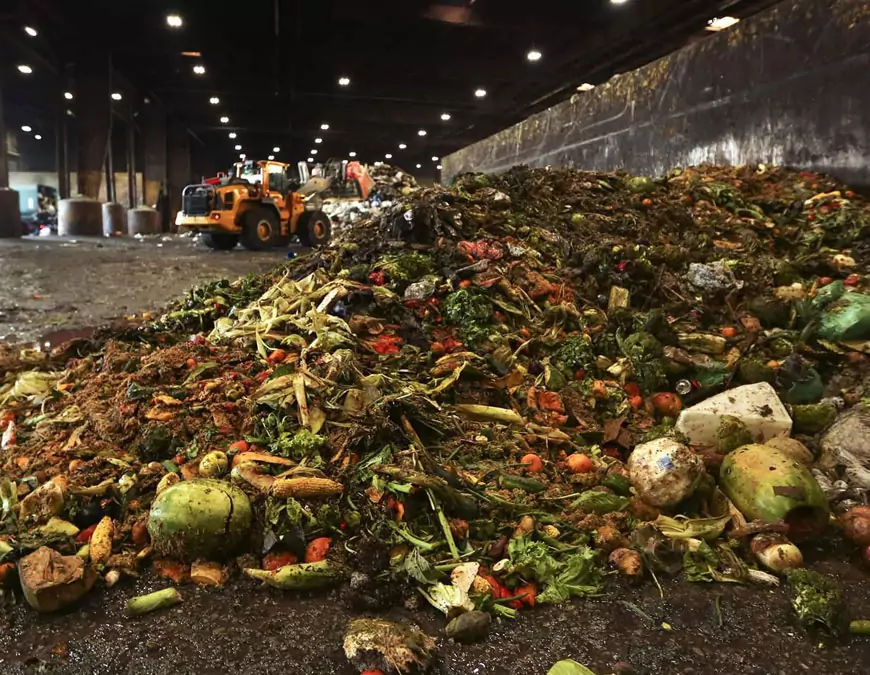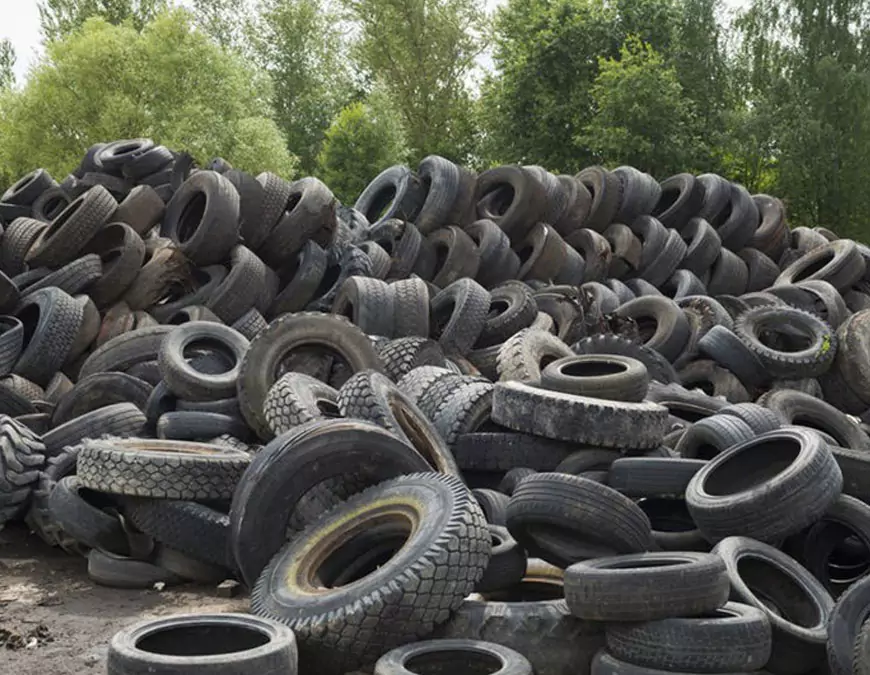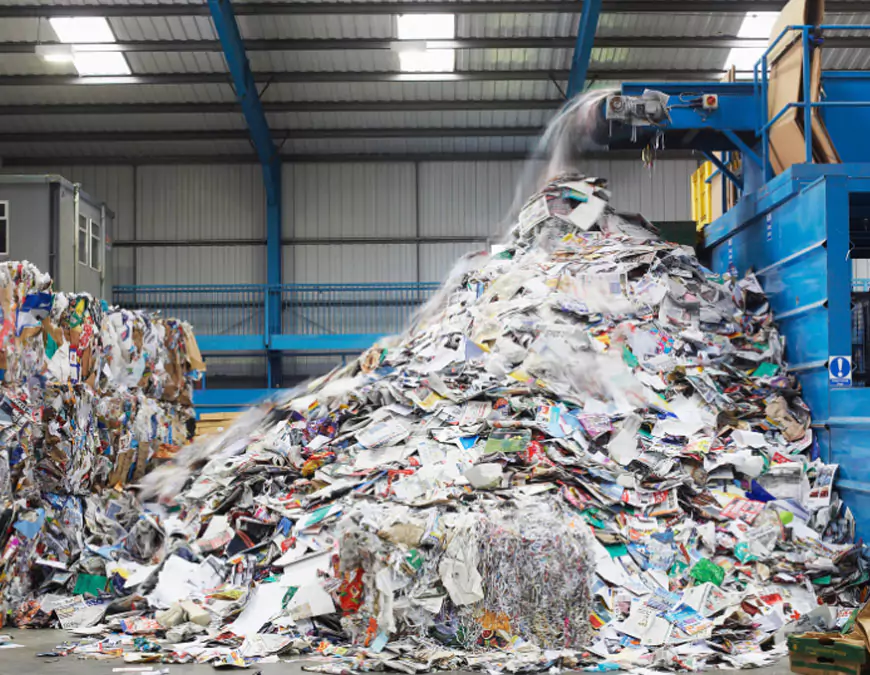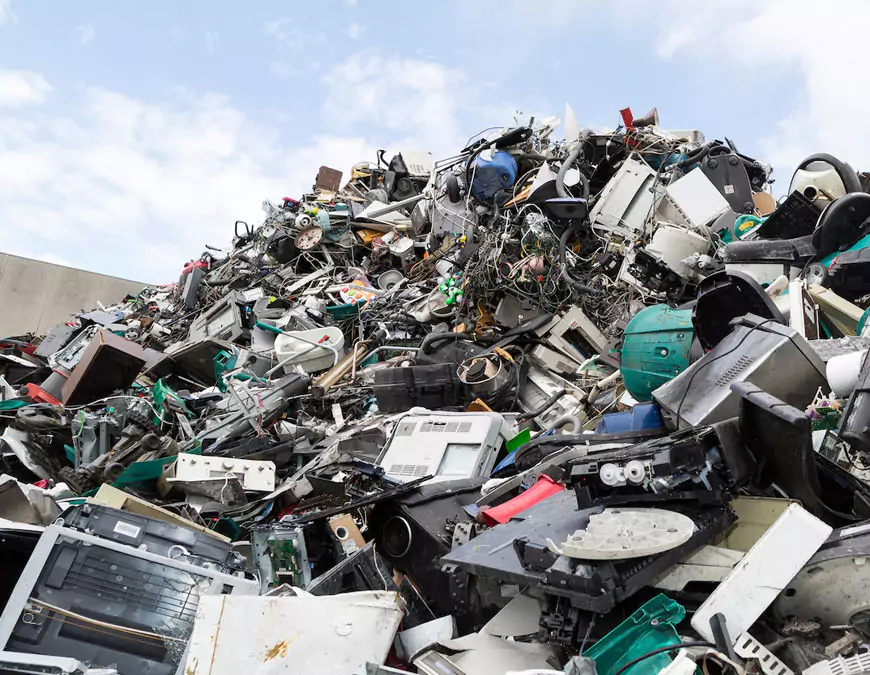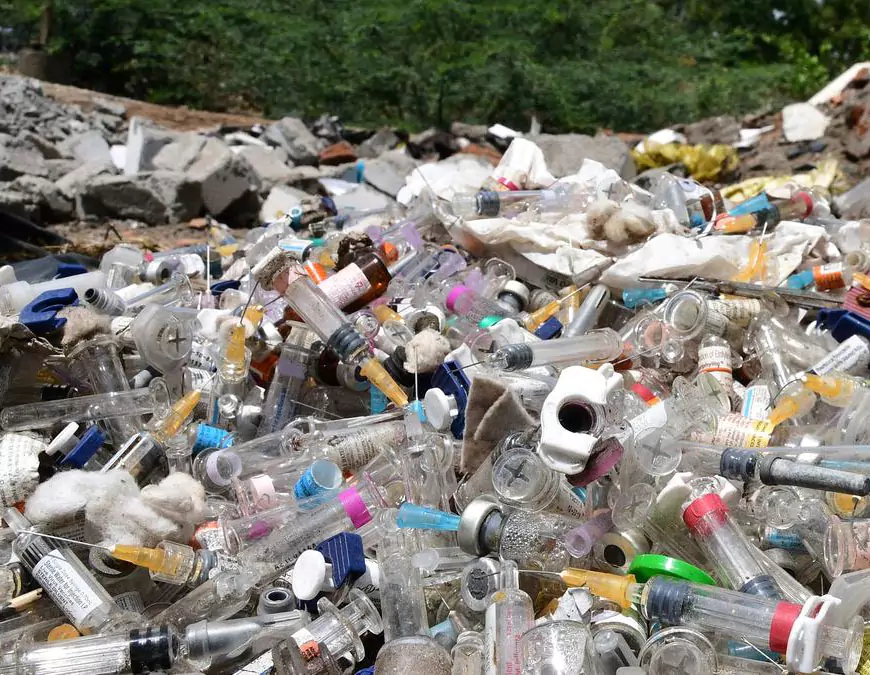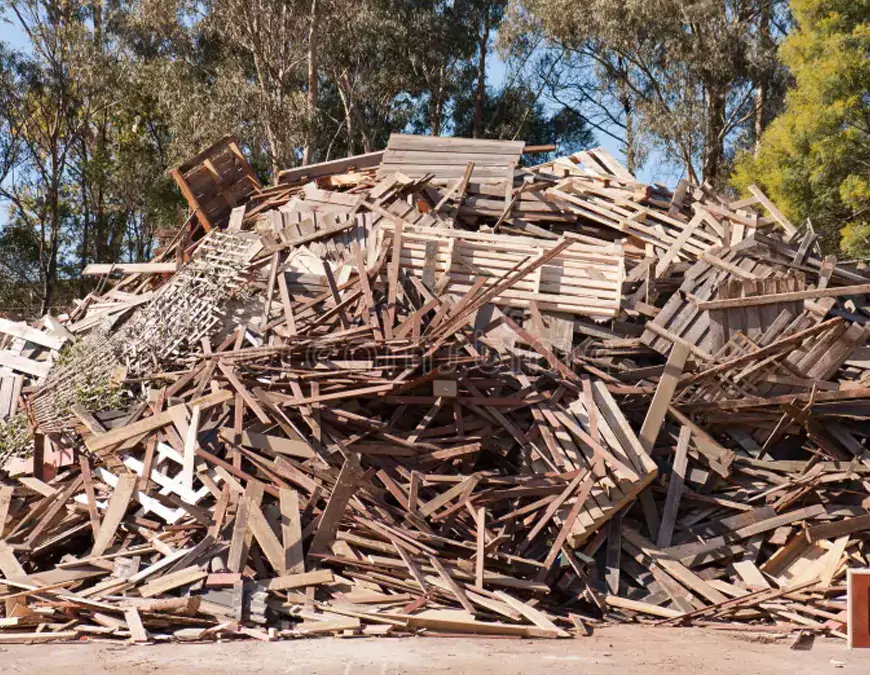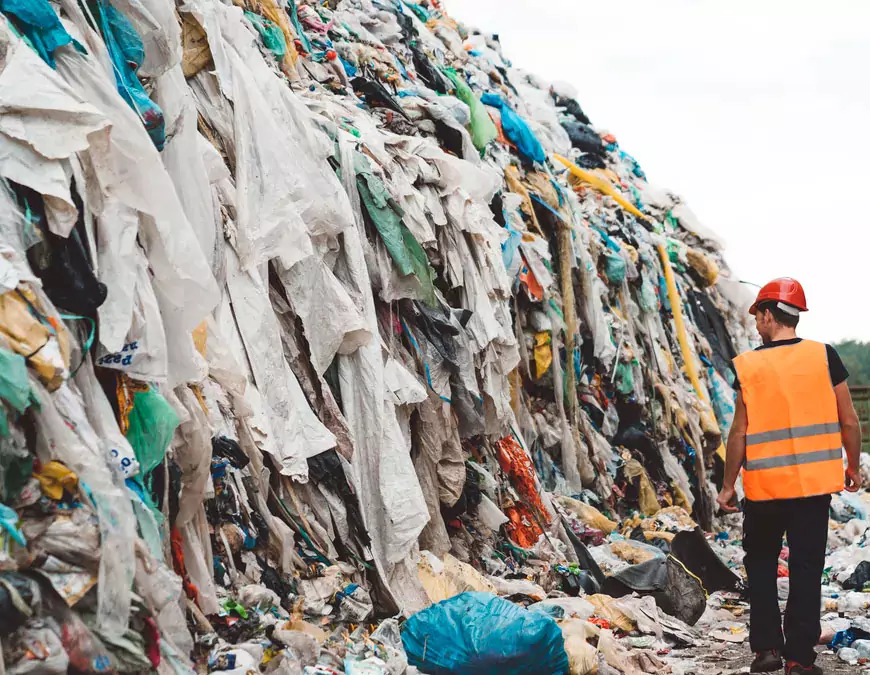Types of Metal Waste
- Aluminium Waste: Includes discarded aluminium cans, packaging, extrusions, and scrap from manufacturing processes. Aluminium is highly recyclable and can be repurposed multiple times without losing its properties.
- Copper Waste: Copper scrap, including wires, cables, pipes, and other components, is valuable due to its high conductivity and widespread use in electrical applications. Copper recycling is a key component in reducing energy consumption in the production of new copper.
- Tin Waste: Tin is often found in food cans, tin plates, and other metal products. It is recyclable and contributes to the reduction of mining waste. Tin recycling also helps to reduce environmental pollution associated with the extraction of new tin ore.
- Cable Waste: Includes copper, aluminium, and steel cables, often discarded during electrical or construction projects. These cables can be processed to recover valuable metals like copper and aluminium.
Importance of Metal Waste Management
- Resource Conservation: Recycling metals reduces the need for raw material extraction, preserving natural resources and reducing environmental damage from mining.
- Energy Efficiency: Recycling metals consumes less energy compared to producing new metals, significantly reducing the carbon footprint associated with metal production.
- Environmental Protection: Proper management of metal waste helps reduce pollution, as metals can leach harmful substances into the soil and water when not properly disposed of.
- Economic Value: Recycled metals like copper and aluminium retain high market value, contributing to economic savings and resource recovery for industries.
- Waste Reduction: Efficient metal recycling reduces the volume of waste sent to landfills, promoting a cleaner environment and reducing landfill pressure.
Key Components of Metal Waste Management
Shredding and Size Reduction
Once collected, metals are shredded using heavy-duty shredders, such as twin-shaft shredders,
Our Solutions to Manage Metal Waste
At Alfa Therm Limited, we offer state-of-the-art technology and equipment for managing metal waste, ensuring that valuable metals like aluminium, copper, tin, and cables are efficiently recycled. Our solutions help industries optimize metal recovery while minimizing waste and environmental impact.
Benefits of Effective Metal Waste Management
- Environmental Conservation: Recycling metals conserves natural resources and reduces pollution from metal extraction processes. By reusing valuable metals like copper and aluminium.
- Energy Savings: Recycling metals like aluminium and copper requires less energy compared to producing them from virgin materials.
- Economic Gains: Recycled metals, especially copper and aluminium, are highly valuable. Efficient metal recycling can help industries reduce costs.
- Waste Reduction: Recycling metals reduces the volume of waste sent to landfills, supporting waste minimization efforts and promoting a circular economy.
- Sustainability and Circular Economy: Effective metal waste management supports the transition to a circular economy by ensuring that metals are recycled and reused rather than disposed of.

Other Industries We Serve
Struggling with Waste Management challenges?
